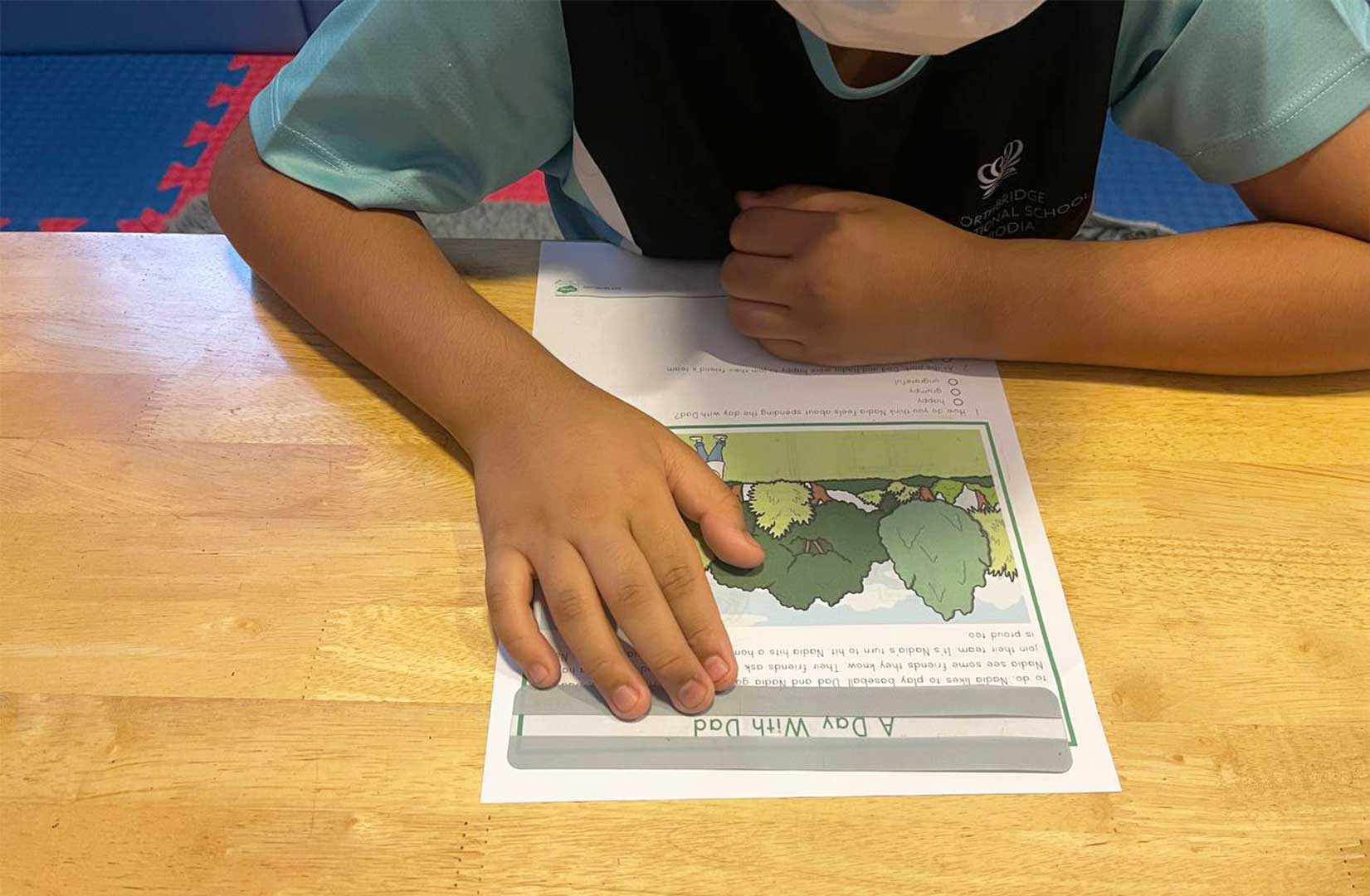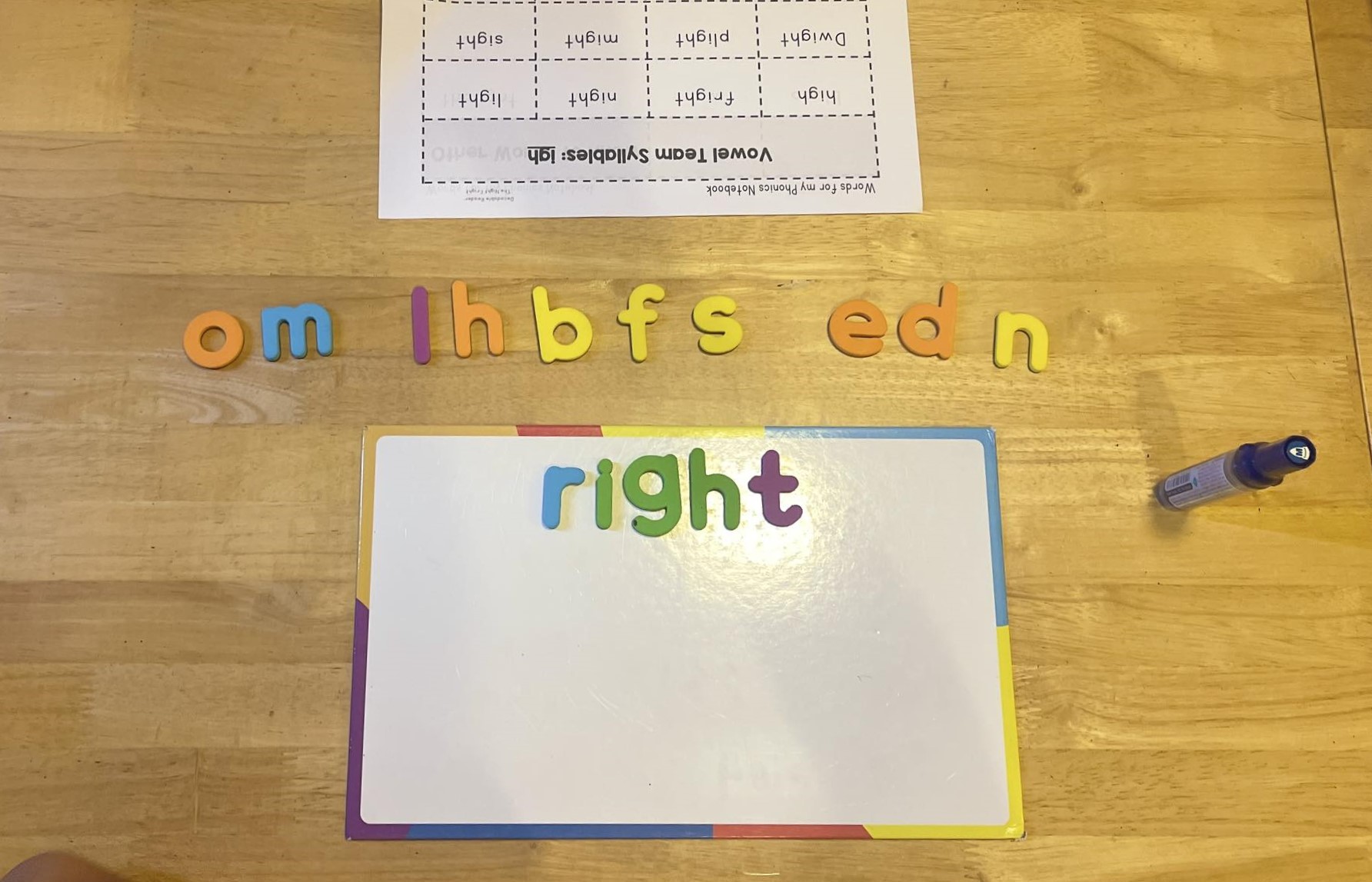Reading, a fundamental skill for navigating the world of information, can sometimes present challenges for individuals with dyslexia. This common learning difference, affecting up to 10% of the population, is often misunderstood or confused with general reading difficulties. Understanding the nuances between the two is crucial for providing appropriate support and ensuring successful learning journeys.
Dyslexia: A Matter of Brain Wiring, Not Intelligence
Dyslexia, rooted in neurological differences, isn’t a reflection of intellect or a lack of effort. It stems from how the brain processes language, specifically the connections between sounds and symbols. Individuals with dyslexia may experience difficulty with:
- Phonemic awareness: Breaking down words into their individual sounds (phonemes) can be challenging.
- Decoding: Connecting letters to their corresponding sounds to form words.
- Fluency: Reading smoothly and effortlessly, often leading to slower reading speed.
- Spelling: Applying sound-symbol knowledge to accurately represent spoken words in writing.
Beyond the Label: A Spectrum of Reading Difficulties
While dyslexia is the most common specific learning disability related to reading, it’s important to recognize that reading difficulties encompass a broader spectrum. These can include:
- Comprehension difficulties: Difficulty understanding the meaning of what is read, even with accurate decoding.
- Vocabulary deficits: Limited knowledge of words and their meanings.
- Motivation issues: Negative experiences with reading can lead to discouragement and avoidance.
Diagnosis and Support: Paving the Path to Success
Early identification and appropriate intervention are crucial for individuals with dyslexia and other reading difficulties. A thorough assessment by a qualified professional, such as a psychologist or educational diagnostician, can help pinpoint the specific challenges and recommend targeted interventions. This might include:
- Explicit instruction in phonemic awareness and phonics: Building strong foundational skills in sound-symbol relationships.
- Multisensory teaching: Engaging different learning modalities to reinforce understanding.
- Assistive technology: Utilizing tools like audiobooks and text-to-speech software to support reading and learning.
- Individualized instruction: Tailoring teaching methods to meet the specific needs and learning styles of each student.
Beyond the Classroom: Building Confidence and Fostering Success
The journey of learning to read with dyslexia or other reading difficulties requires not only effective interventions but also a supportive environment. This includes:
- Building self-esteem: Celebrating progress, highlighting strengths, and promoting a positive attitude towards reading.
- Advocacy and collaboration: Working with teachers, parents, and other professionals to ensure access to appropriate resources and accommodations.
- Promoting a growth mindset: Fostering a belief in one’s ability to learn and overcome challenges.
Dyslexia and reading difficulties, while presenting obstacles, are not insurmountable. With proper understanding, targeted support, and a positive approach, individuals can develop effective reading strategies and achieve academic success. By recognizing the differences between dyslexia and general reading difficulties, we can pave the way for inclusive learning environments and empower individuals to unlock their full potential.
Find out if your child needs extra support today!
- My child screams hysterically
- My child is mean to other children
- My child is always worried
- My child is scared to go to school
- My child is scared of loud noises
- My child doesn’t know how to read
- My child is scared to play outside
- My child does not respond to his name
- My child always gets in trouble
- My child fights with other children
- My child doesn’t know how to count
If you are concerned about your child’s development, contact us for Assessments: Phone/Telegram: 077.455.993 – Telegram Link: https://t.me/OrbRom
If you are concerned about your child’s development, contact us for Assessments.
Phone/Telegram: 077.455.993 Link: https://t.me/OrbRom






Leave A Comment